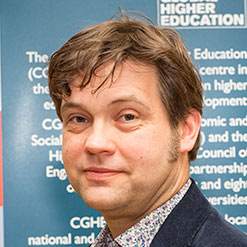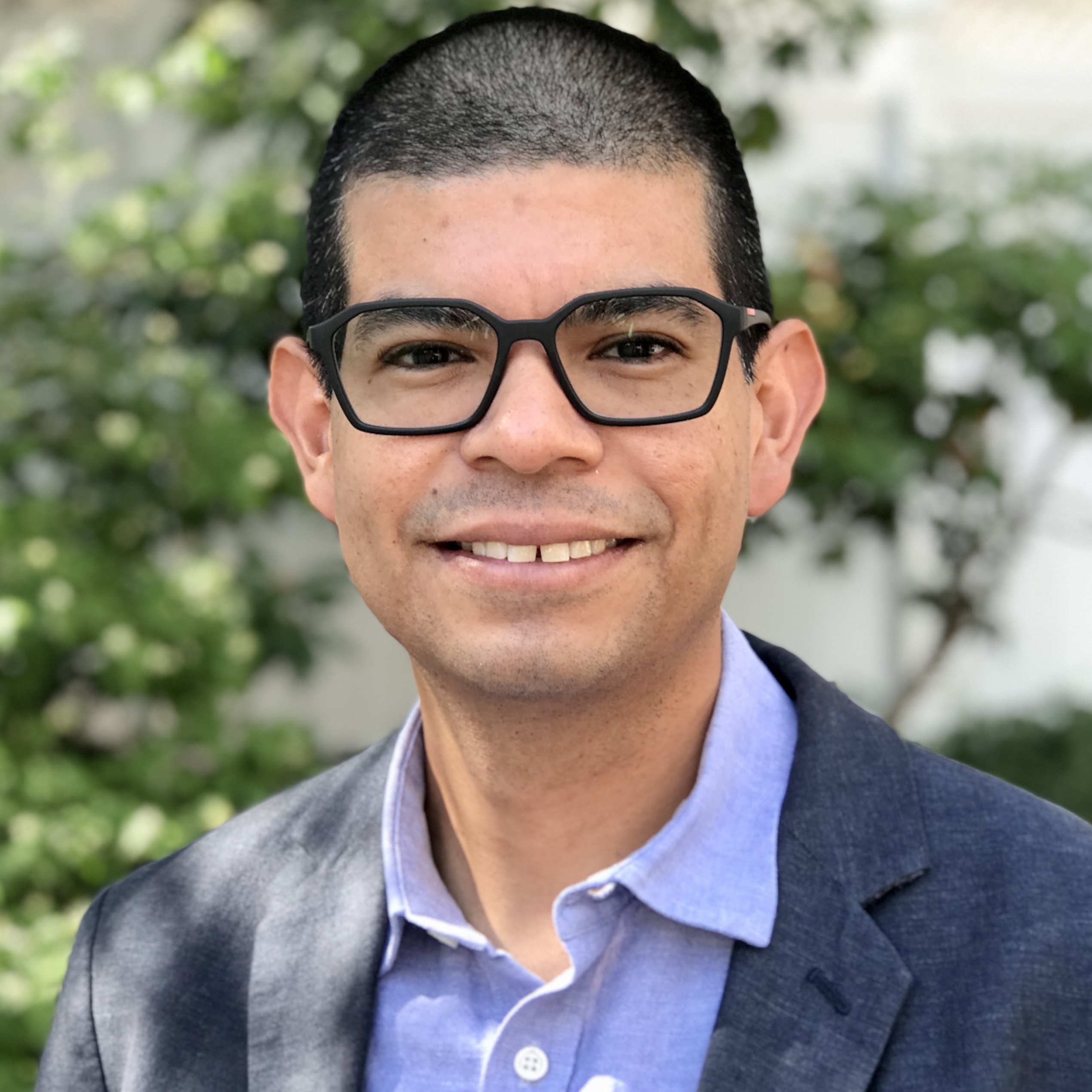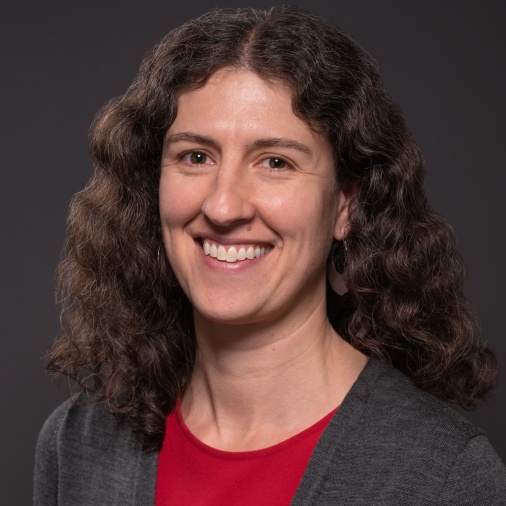Colonial legacies in “academic quality” structures: A missing component in the decolonization debate?
- CHAIR: Paul Ashwin, Lancaster University
- Gerardo Blanco, Center for International Higher Education, Boston College
- Rebecca Schendel, Center for International Higher Education, Boston College
Event Materials
This event is now archived and we are pleased to provide the following event media and assets, along with the original event overview.
Much attention has rightfully been focused in recent years on the colonial legacies apparent in the curricula of universities, with students around the world protesting the continued dominance of theories, authors and perspectives from the “Global North” and related lack of acknowledgement of contextual realities, marginalized voices or local understandings. What has largely been lacking from the debate, however, is an acknowledgement of how colonial and neocolonial legacies within the structures of quality (at both the institutional and system levels) continue to limit decolonization efforts. Some such legacies are inherited, but many have been more recently introduced and/or exacerbated via the diffusion of global norms related to excellence and academic quality. Ironically, these legacies often limit the possibilities of local innovations which could significantly improve quality. This webinar will specifically discuss how these dynamics play out within two key quality structures – assessment and accreditation.
———-
This is the fifth webinar in CGHE’s special series, Racism and Coloniality in Global Higher Education. You can find out more about the full series here.
This CGHE webinar series explores what global racial equity would mean for the future of higher education, and addresses the challenges of decolonising research systems and pedagogic cultures. The aim is to promote knowledge of, and commitment to, anti-racism within universities, and amongst researchers and policymakers. Contributors will reflect on colonial institutional legacies, racialised institutional cultures, and the power of ‘whiteness’, drawing on empirical research in a range of higher education contexts. Questions to address include:
- Why are the legacies of colonialism often overlooked, or erased, in favour of a ‘colour blind’ analysis of global higher education’s hierarchies and inequalities?
- Is the institutional racism of today’s universities a historical legacy or a resurgent cultural dynamic, intersected by the geopolitics of internationalisation.
- What can we learn about the structural inequalities of the global knowledge system from critical geographers and scholars in Science and Technology Studies?
- What forms of profound and transformational change would be needed to create racial equity in global higher education and research?
- How are universities, faculties and students, addressing these colonial legacies? Can owning ‘whiteness’ and acknowledging white privilege – along with the JEDI agenda (justice, equality, diversity and inclusion) – help move these debates forward?
CGHE webinars are fully open to participants. They are interactive, enabling attendees to speak directly in the webinar, ask questions of speakers when called in by the chair and see all other participants. At any time you can communicate directly with others, either all together or on a one-to-one basis, through the webinar Chat.
Event Materials
This event is now archived and we are pleased to provide the following event media and assets, along with the original event overview.



